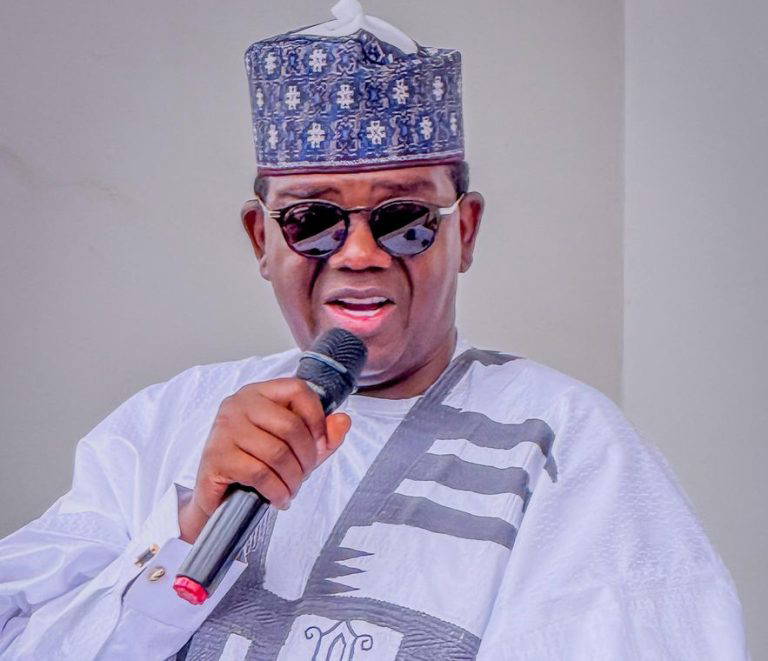How we connect with one another, exchange ideas, and gain knowledge has been profoundly altered by the rise of social media. The young people of Nigeria, who are among the most wired in Africa, have been hit hard by this. The way young people in Nigeria talk to one another, learn about new things, and make connections has been revolutionised by social media sites like Facebook, Twitter, Instagram, and WhatsApp. However, social media has had some positive effects, and it’s important to weigh those with any negatives.
The ability to make global connections is one of the greatest advantages of social media for young people in Nigeria. Nigerian youth can now connect with their global peers on social media, where they can learn about new cultures and share their own. This can help them learn new things, grow intellectually, and become more tolerant of others’ viewpoints.
One advantage of social media for young people is the speed and convenience with which they can access information. The news, entertainment, education, and health are just some of the many topics covered by social media sites. Those young people whose curiosity knows no bounds will benefit greatly from this. It’s possible that Nigeria would benefit from having more access to news from established media outlets.
The youth of Nigeria now have an outlet for their thoughts and ideas thanks to social media. Young people in Nigeria often use online platforms to display their creative abilities. This has contributed to the flourishing of Nigeria’s online culture, which is now recognised both nationally and internationally.
However, there are some negative effects of social media on young people in Nigeria. Addiction is a major drawback that should be taken into account. Many Nigerian youths, especially those between the ages of 18 and 24, spend countless hours each day absorbed in their various social media feeds. This can cause a person to become unproductive, underperform in school, and withdraw socially.
Cyberbullying is another problem that can arise from using social media among young people in Nigeria. Bullies can remain anonymous on social media, damaging young people’s mental health in the process. Depression, anxiety, and even suicide due to cyberbullying are becoming increasingly serious problems in Nigeria.
The proliferation of false information and hoaxes can also be attributed to social media. Young people in Nigeria often get their news exclusively from social media, which contributes to the proliferation of hoaxes and conspiracy theories. In times of crisis, like the current COVID-19 pandemic, when accurate information is crucial for public health, this can be extremely harmful.
The privacy of young Nigerians has been eroded in part because of social media. To better tailor advertisements and influence user behaviour, many social media sites buy and sell user data. For younger people who may not fully grasp the gravity of the situation, this can be especially worrisome.
The positive effects of social media on young Nigerians cannot be denied, despite the negative side effects. It has opened up new channels of communication for them, allowing for greater expression and knowledge acquisition. However, it is crucial that young people understand the risks of using social media and act responsibly when doing so. Responsible social media use among Nigerian youth is a topic that requires the attention of parents, teachers, and policymakers.
Help your kids out by keeping an eye on what they’re up to on social media, limiting their screen time, and having open discussions about the pros and cons of using these sites. Teachers can help students develop digital literacy by including lessons on how to critically analyse online content and conduct themselves in online communities. Also, policymakers can help by passing laws to safeguard children’s online privacy and supporting programmes to increase youth digital literacy.
The power and influence of social media among young Nigerians is demonstrated by numerous examples:
- Social media users in Nigeria took to Twitter and Instagram in October 2020 to demand an end to the Special Anti-Robbery Squad (SARS) and an end to police brutality. Hashtags like “#EndSARS” and “#EndPoliceBrutality” helped spread awareness, coordinate protests, and rally people to action on social media. The protests ultimately resulted in SARS’s dissolution and sparked a broader discussion about police reform in Nigeria.
- The youth of Nigeria have taken to the role of social media influencers, using sites like Instagram and YouTube to amass large audiences and monetize their content. Many prominent Nigerians have used their media platforms to raise awareness about important issues like mental health, environmental activism, and entrepreneurship.
- The entertainment business in Nigeria has been revolutionised by the proliferation of online video sharing sites where young people can advertise their skills and gain an audience. New stars in music, comedy, and fashion have emerged as a result of the ability of young people in Nigeria to use social media to reach an audience beyond their country’s borders.
- When it comes to education, young people in Nigeria are increasingly relying on social media to connect with educators and peers. Many Nigerian schools had to close due to the COVID-19 pandemic, but online tools like WhatsApp and Zoom were used to keep students educated from afar. Many teachers in Nigeria have taken to social media to disseminate lesson plans, interact with students, and connect with peers.
- Young people in Nigeria now have more access to resources for launching and expanding businesses thanks to the proliferation of social media. Many new business owners are finding success by selling their wares on social media platforms like Instagram and Facebook. Young people in Nigeria now have access to a global network of role models, financiers, and consumers thanks to the proliferation of social media.
These cases show the widespread impact and importance of social media among young Nigerians. Young people in Nigeria now have more channels for self-expression, socialisation, and political action thanks to the rise of social media. There is no doubt that social media has become deeply embedded in the culture of Nigeria’s youth and will continue to shape the country’s future, despite the risks and difficulties that come with it.
In a nutshell, the young people of Nigeria have been profoundly impacted by the use of social media. While it has opened up new channels of communication, learning, and artistic expression for young people in Nigeria, it has also put them at risk and presented them with new challenges. It is essential for young people in Nigeria to be conscious of these dangers and to exercise caution when using social media in order to have a positive experience. The government and social media platforms also have an obligation to keep young people safe and make sure that everyone can feel comfortable using these platforms.




